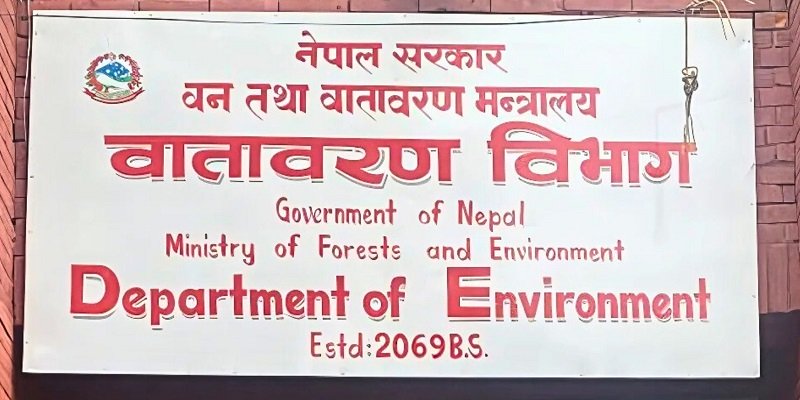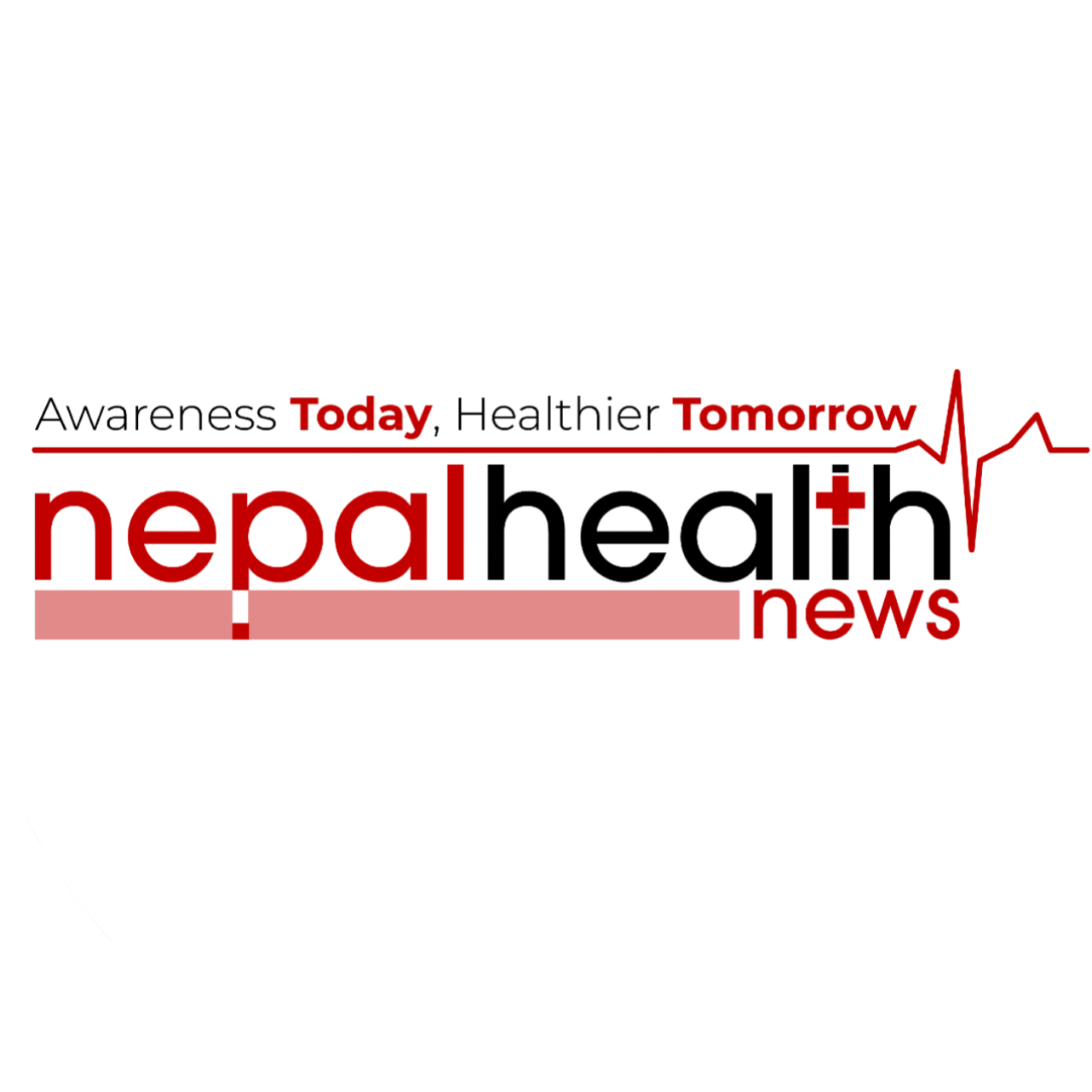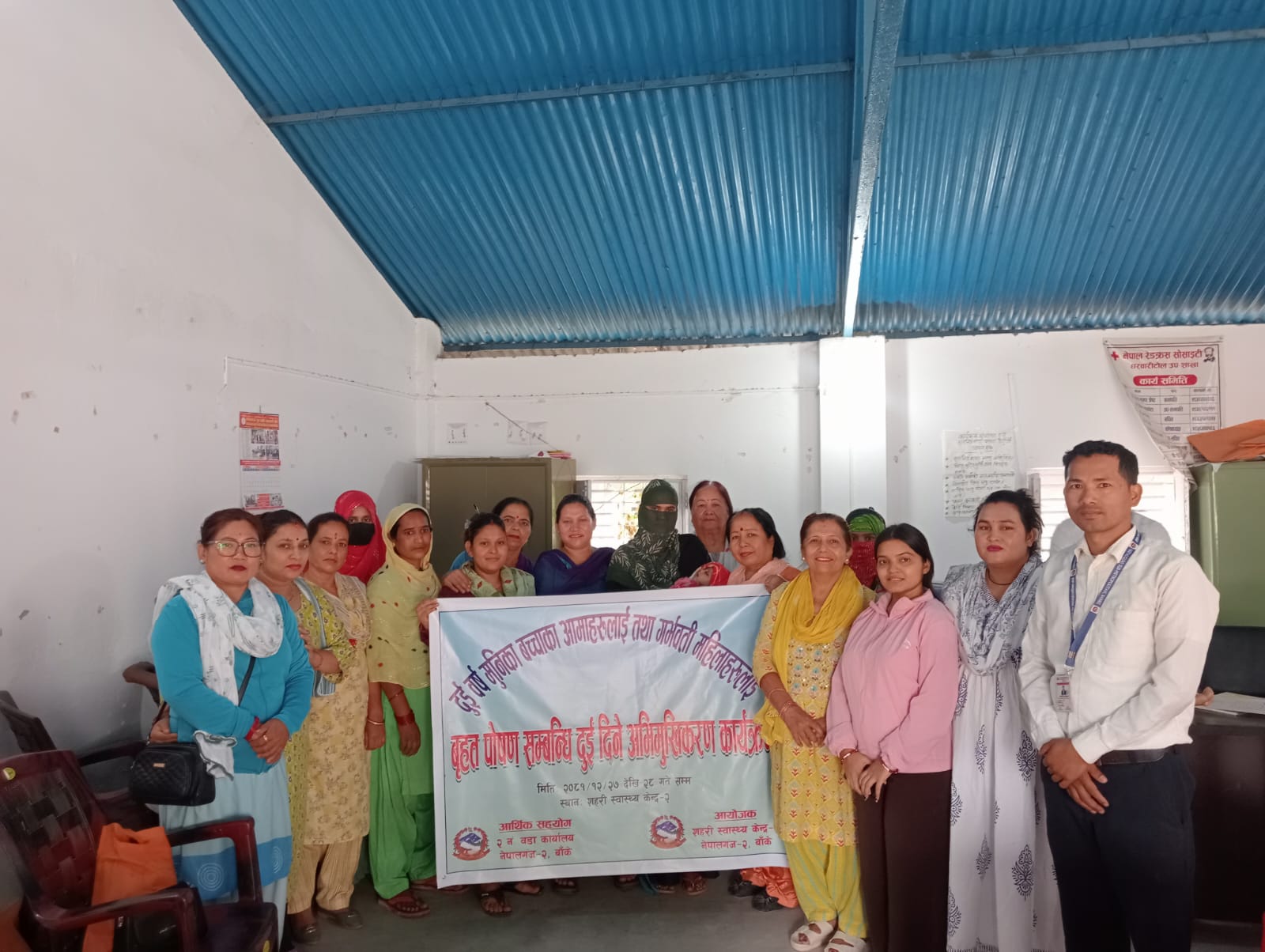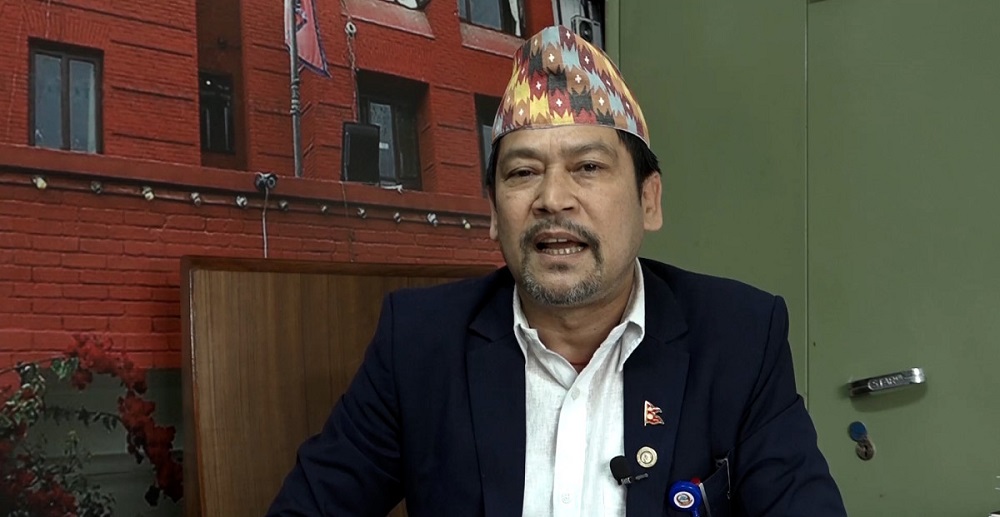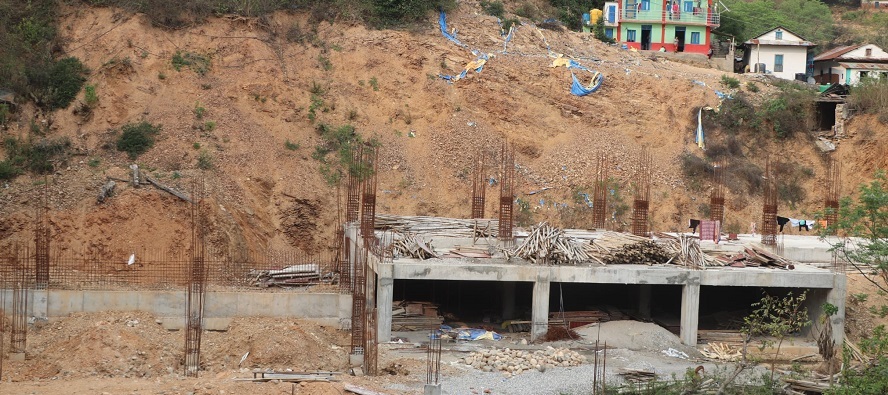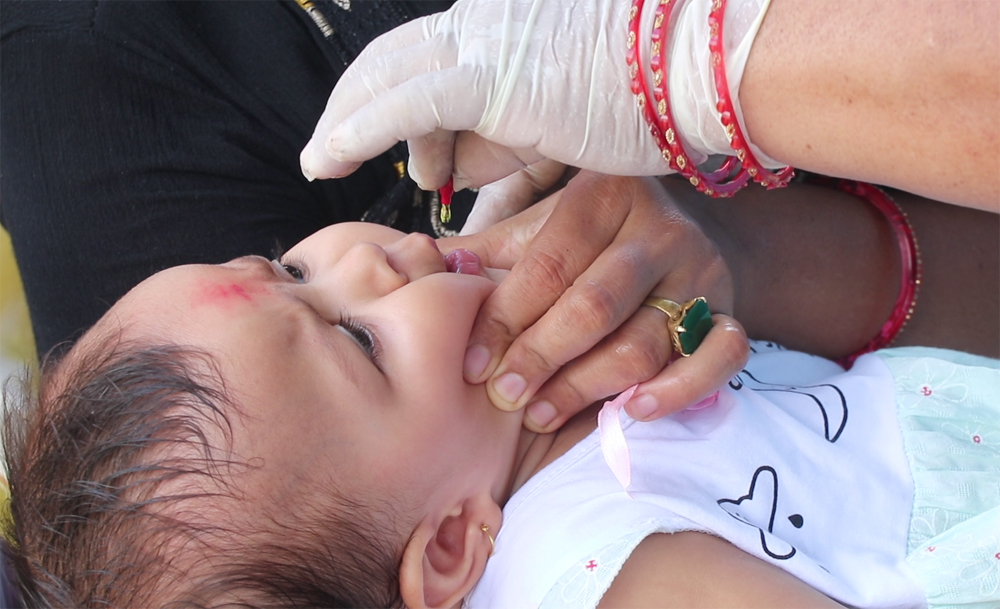Nepal Health News, Banke: A two-day comprehensive orientation program on nutrition for 28 mothers of children under two years old has been completed in Nepalgunj. The event was organized by the team from urban health center -2 with the support of Nepalgunj Sub-Metropolitan City, Ward No. 2, on Chaitra 27 and 28.
On this occasion, health statistics from the health institution were handed over to the Ward Chairperson, Manoj Kumar Shrestha, aligning with Nepal's Sustainable Development Goals (SDGs) for 2030. The program was facilitated by Aitwari Chaudhary, Chief of the Health Center 2, Health Assistant Anish Ahmad Manihar, and ANM Rita Shahi.
At the closing ceremony, Geeta Devi Rana, Women's Member of the Ward and Vice-Chair of the Health Institution Operation and Management Committee, stated that the program was very effective. She requested all participants to share the knowledge and skills they had learned with other sisters and women around their communities.
Similarly, Ward Chairperson and Chair of the Health Institution Operation and Management Committee, Manoj Kumar Shrestha, expressed his commitment to supporting and facilitating similar programs in the future.
Nutrition is defined as the balance between the nutrients needed to keep our body healthy, support growth and development, and provide energy, and the food we consume daily. Nutrition can be obtained from various food groups such as grains, legumes, green vegetables, fruits, and animal-based sources.
Due to various reasons, when the body lacks or has an excess of one or more nutrients, it leads to an abnormal condition known as malnutrition. Factors like low birth weight, frequent infections, and failure to exclusively breastfeed the baby for the first six months can contribute to malnutrition among children.
According to the Global Nutrition Report 2016, for every one rupee invested in child nutrition today, a return of sixteen rupees can be expected in the future.
Eighty percent of a child’s intellectual development occurs from the time they are in the mother’s womb until the age of two — a period often referred to as the "Golden Thousand Days."
According to the World Health Organization's data, intellectual development happens as follows: 30% during pregnancy, 25% within the first year after birth, another 25% by two years of age, 10% by five years, and the remaining 10% after five years.
Nepal’s Sustainable Development Goals aim to reduce stunting among children under five years to 15% by the end of 2030, reduce wasting to below 5%, and bring down anemia prevalence to 10%.Similarly, anemia among women of reproductive age is targeted to be reduced to 10%.
According to the Nepal Demographic and Health Survey 2022, Nepal still needs to work very hard to achieve these goals.
The survey shows that among children under five in Nepal, 25% suffer from stunting, 19% are underweight, and 8% suffer from wasting.
The same data indicates that 34% of women of reproductive age are still affected by anemia in Nepal.
